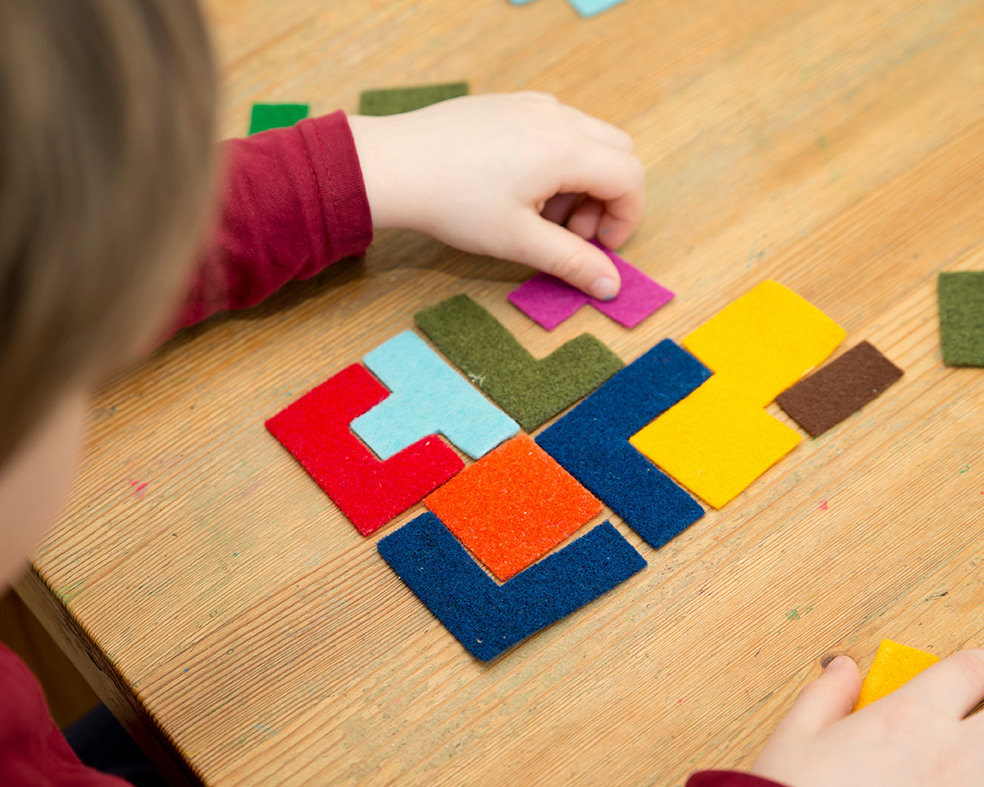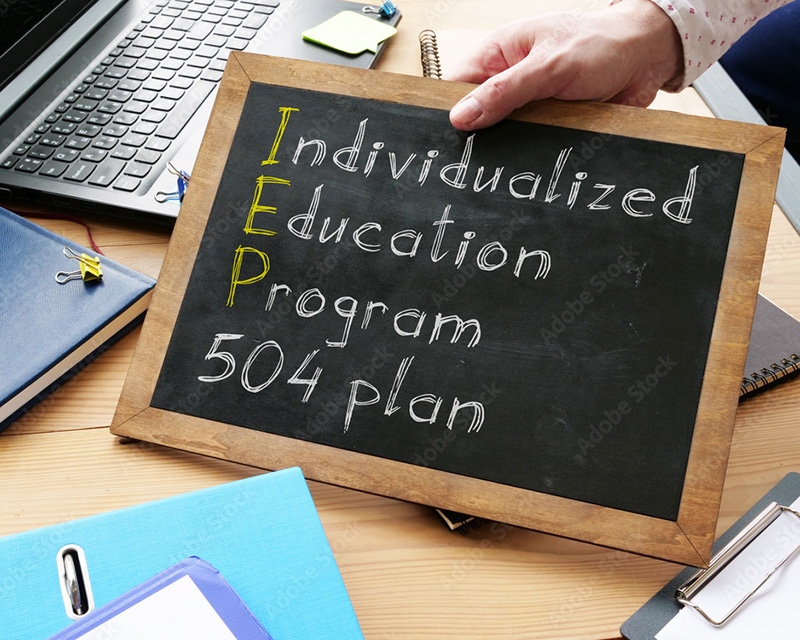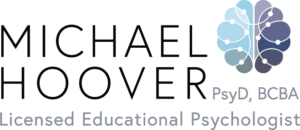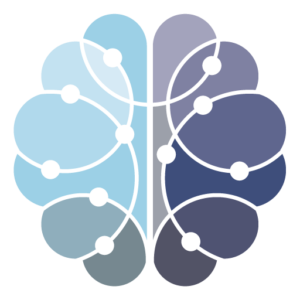Psychoeducational Services
Assessment, Evaluation, Consultation & Advocacy
Psychoeducational Services
Assessment, Evaluation, Consultation & Advocacy
Review of Records
I will review prior assessments, IEPs, report cards, and medical records with the goal of identifying trends or inconsistencies, determining the alignment of assessment results and individualized education programs (IEPs), and suggesting additional questions or areas that may require further evaluation. The assessment will conclude with a written report and consultation meeting to discuss findings.

Assessment of Cognitive Abilities
(Sometimes referred to as intellectual ability or IQ)
Families may seek cognitive assessment of their child to determined giftedness or to fulfill private school application requirements. Cognitive testing will result in an overall intelligence quotient (IQ score) and a profile of specific cognitive processes (e.g. reasoning skills, expression of knowledge, visual-spatial skills, memory). An evaluation report will be provided outlining your child’s performance and highlighting specific teaching and learning strategies that may be beneficial.

Comprehensive Psychoeducational Evaluation
A comprehensive psychoeducational evaluation is a global assessment of a child’s functioning which can include evaluation of cognitive ability; cognitive processes; social, emotional, behavioral, and adaptive functioning; and academic achievement.
Cognitive processes assessed may include executive functioning, fluid reasoning, visual-spatial processing, learning and memory, oral language skills, auditory processing, phonological processing, fine and visual-motor skills, orthographic processing, processing speed, and attention.
A comprehensive psychoeducational evaluation includes direct assessment of a child’s functioning; observation of the child across settings; interviews with parents, teachers, and services providers; rating scales; and review of previous assessments and relevant documents.
A comprehensive evaluation will result in the identification of: Strengths and challenges; barriers to a child’s ability to perform to potential; and recommendations to support your child’s success. Assessment results can identify specific learning disorder (e.g. dyslexia, dysgraphia, dyscalculia), ADHD, autism spectrum disorder, intellectual disability, anxiety, or depression. Results also support recommendations regarding special education eligibility and services (if warranted). A comprehensive evaluation report will be provided outlining results and recommendations. The assessment will be reviewed with the family during a parent consultation.

Targeted Evaluation
A targeted assessment answers specific questions.
For example:
- Does my child have dyslexia?
- Does my child meet diagnostic criteria for ADHD?
- Is my child on the autism spectrum?
- Due to my child’s anxiety, will he or she benefit from accommodations through Section 504 of Americans with Disabilities Act?
- Does my child require testing accommodations on the SAT or other high-stakes exam?
A targeted evaluation will draw from relevant data that may include direct assessment, observation, interviews, rating scales, and review of prior records. An evaluation report will be provided outlining results and recommendations. The assessment will be reviewed with the family during a parent consultation.

Functional Behavior Assessment (FBA)
A functional behavior assessment focuses on behaviors that interfere with a child’s ability to engage meaningfully in school, the community, or at home. The goal of the evaluation is to identify the function of interfering behaviors (why the behaviors are displayed); conditions under which the behaviors occur; and factors that reinforce the behaviors.
An FBA provides information needed to remove conditions in a child’s environment that trigger challenging behaviors; teach a child prosocial behaviors to replace those that interfere; and reinforce a child’s use of prosocial behaviors. An FBA results in a behavior plan that can be implemented and followed at home, in school, and in the community. An FBA can also identify the degree of intervention a child may require to make meaningful progress (for example, a smaller class size or the support of a behavior interventionist).
An evaluation report will be provided outlining results and recommendations. The assessment will be reviewed with the family during a parent consultation.

Independent Educational Evaluation (IEE)
Families have the right to request an independent educational evaluation if they disagree with an assessment conducted by their school district. An IEE is conducted by a qualified examiner and is free of cost to the family.
I conduct functional behavior assessments and comprehension psychoeducational evaluations as IEEs. In addition to providing you with a written report and parent consultation, I will attend an IEP meeting to discuss the results of my assessment.

Consultation and Advocacy
IEP meetings can be intimidating and stressful. Understanding the jargon of special education, knowing your rights, and asking key questions takes specialized expertise. I am available for parent consultation and advocacy.
I can:
- Sit with you and review assessments and IEP documents before or after your child’s IEP meeting.
- Join you in attending your child’s IEP or Section 504 meeting.
- Speak with your child’s teachers or services providers on your behalf.
- Observe your child in school.


